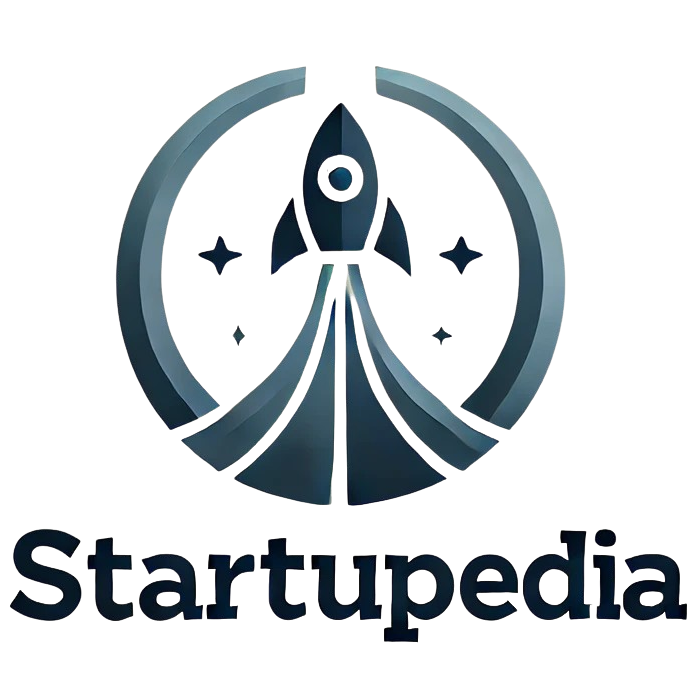Unicorn startup
A unicorn startup is a privately held company, typically in the technology sector, valued at $1 billion or more.[1] The term was coined in 2013 by venture capitalist Aileen Lee to describe rare, high-value startups, likening them to the mythical unicorn.[2] Unicorns are notable for their rapid growth, innovative business models, and significant impact on industries. They often attract substantial investment from venture capital firms and inspire entrepreneurs worldwide.
History
The concept of unicorn startups emerged in the early 2010s as technology-driven companies began achieving billion-dollar valuations at an unprecedented pace. Aileen Lee, founder of Cowboy Ventures, introduced the term in a 2013 TechCrunch article, identifying 39 U.S.-based tech startups valued at $1 billion or more.[3] At the time, such valuations were rare, but the number of unicorns has since grown significantly. By 2025, hundreds of unicorn startups exist globally, driven by advancements in artificial intelligence, fintech, and e-commerce.[4]
Characteristics
Unicorn startups share several common traits:
- High Valuation: A minimum valuation of $1 billion, often achieved through multiple rounds of venture capital funding.[5]
- Innovation: They disrupt existing markets or create new ones through innovative products or services, such as Uber's ride-sharing model or Airbnb's home-sharing platform.
- Scalability: Unicorns often leverage technology to scale rapidly, reaching large customer bases with minimal physical infrastructure.[6]
- Private Status: Unlike publicly traded companies, unicorns remain privately owned, often delaying initial public offerings (IPOs) to maximize growth.[7]
Examples
Notable unicorn startups include:
- SpaceX, a space exploration company valued at over $100 billion, known for reusable rockets.[8]
- ByteDance, the parent company of TikTok, valued at approximately $400 billion for its social media and AI innovations.[9]
- Stripe, a fintech company providing payment processing solutions, valued at $65 billion.[10]
Impact
Unicorn startups drive economic and technological progress by:
- Creating Jobs: They employ thousands, often in high-skill roles, boosting local economies.[11]
- Attracting Investment: Unicorns draw significant capital, fueling further innovation and startup ecosystems.[12]
- Disrupting Industries: They challenge traditional businesses, forcing incumbents to innovate or adapt, as seen with Netflix's impact on media.[13]
Global Distribution
While the U.S. dominates the unicorn landscape, particularly in Silicon Valley, other regions have seen growth:
- China, with companies like ByteDance and Didi Chuxing.
- India, home to unicorns like Flipkart and Paytm.
- Europe, with unicorns such as Revolut and Klarna.[14]
Related Terms
- Decacorn: A startup valued at $10 billion or more.
- Hectocorn: A startup valued at $100 billion or more, such as SpaceX.[15]
- Soonicon: A startup expected to reach unicorn status soon.
See Also
References
- ↑ "What Is a Unicorn Startup?". Investopedia. Retrieved 2025-06-28.
- ↑ Lee, Aileen. "Welcome To The Unicorn Club: Learning From Billion-Dollar Startups". TechCrunch. Retrieved 2025-06-28.
- ↑ Lee, Aileen. "Welcome To The Unicorn Club: Learning From Billion-Dollar Startups". TechCrunch. Retrieved 2025-06-28.
- ↑ "Global Unicorn Index 2025". CB Insights. Retrieved 2025-06-28.
- ↑ "What Makes a Unicorn Startup?". Forbes. Retrieved 2025-06-28.
- ↑ Ries, Eric (2011). The Lean Startup. Crown Business. ISBN 978-0307887894.
- ↑ "Why Startups Stay Private Longer". Bloomberg. Retrieved 2025-06-28.
- ↑ "SpaceX Valuation Soars to $100 Billion". CNBC. Retrieved 2025-06-28.
- ↑ "ByteDance Valuation Hits $400 Billion". Reuters. Retrieved 2025-06-28.
- ↑ "Stripe's Valuation Reaches $65 Billion". Bloomberg. Retrieved 2025-06-28.
- ↑ "The Economic Impact of Unicorns". EY. Retrieved 2025-06-28.
- ↑ "Venture Capital and Unicorns". PwC. Retrieved 2025-06-28.
- ↑ Christensen, Clayton (1997). The Innovator's Dilemma. Harvard Business Review Press. ISBN 978-1422196021.
- ↑ "Global Unicorn Trends 2025". CB Insights. Retrieved 2025-06-28 Kahn.
{{cite web}}: Check date values in:|access-date=(help) - ↑ "From Unicorn to Decacorn and Hectocorn". Forbes. Retrieved 2025-06-28.
